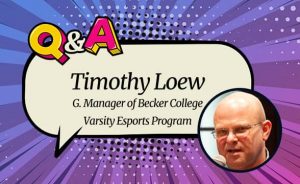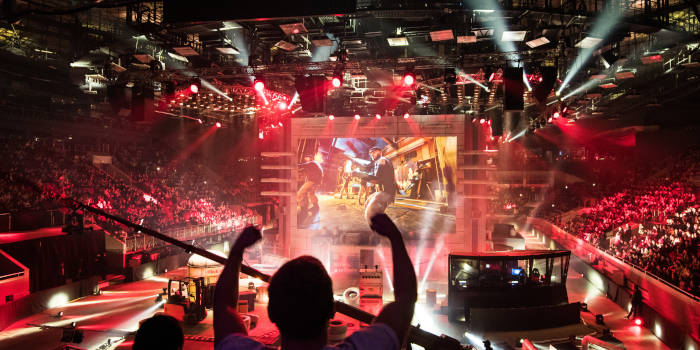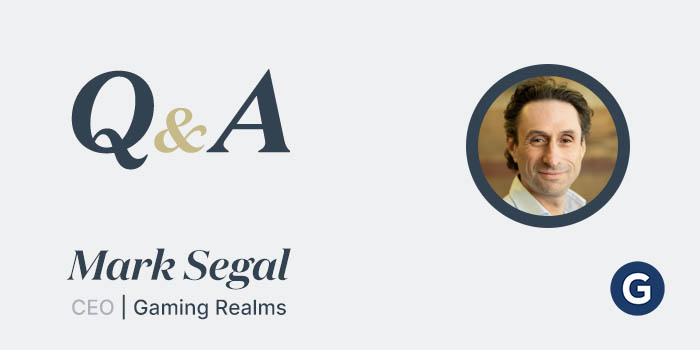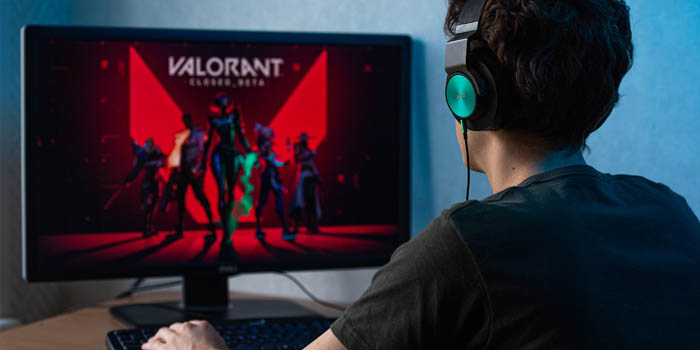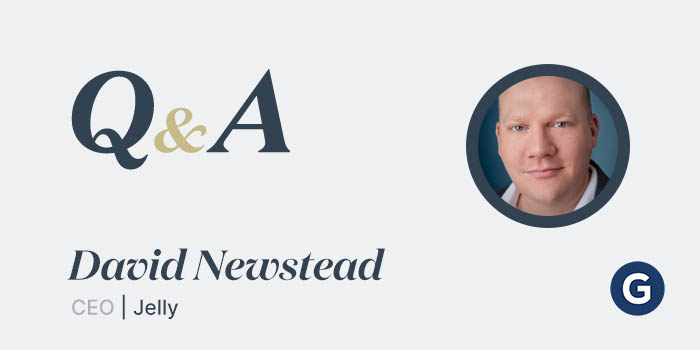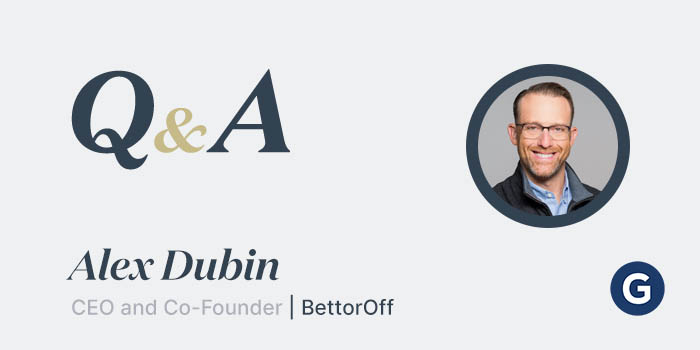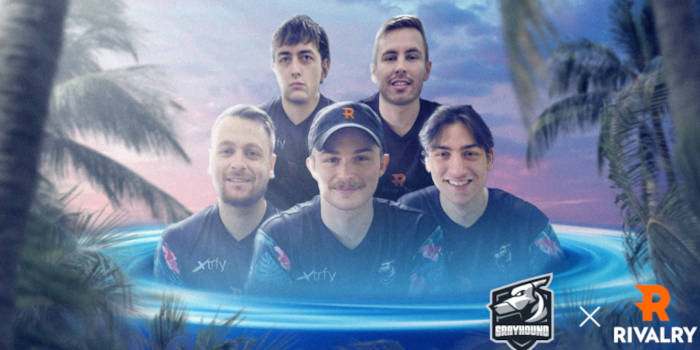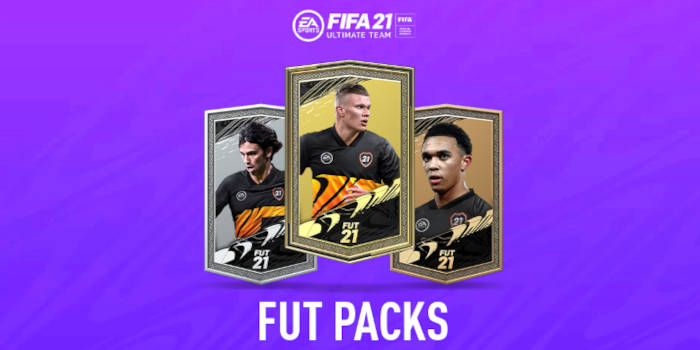Making the Esports Pros of the Future: A Conversation with Becker College and Timothy Loew
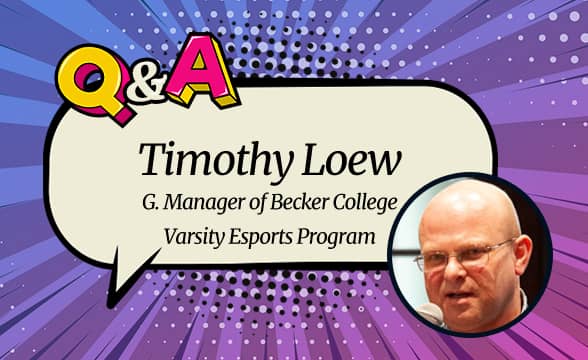
A gaming revolution is afoot at Becker College in Massachusetts. Becker is one of the first of around 700 schools around the United States are actively participating in some form of competitive video gaming and that number keeps getting bigger.
With organizations like ESPN launching a College Esports Championship and the country’s largest membership organization, National Association of Collegiate Esports (NACE), now has over 130 member schools with 3,000 active members and dedicated esports venues and varsity teams are arriving on campuses around the nation seemingly every month.
We spoke with Timothy Loew, General Manager of the Varsity Esports Program at Becker College, whose valuable insight about how esports and traditional education complement each other. There is more.
While we expected to hear from Tim about the challenges of setting the varsity program, he explained that esports was a natural development of students’ interests on Becker’s campus – just like esports are natural development of people’s love for games. Here is what he told us.
Q: Becker College launched its varsity esports initiative over a year ago. Unlike many others, you dove into competitive video gaming with several separate titles since. What has made you so confident of success as to join games such as League of Legends, Overwatch, Smite and Paladins?
For the past decade Becker College has been tanked as one of the top game development programs in the world. With nearly 600 students in the School of Design & Technology majoring in game design, programming, production, art – and now esports management, content creation and emerging media, it goes without saying we also have a big community of people who love making and playing games on campus. Because of that community, club-level competitive gaming and esports have, in many ways, long been part of the campus culture at Becker so moving up to varsity just made sense.
What strikes as interesting about Becker is their desire to take esports seriously. The titles the teams compete in are many and varied and every last single of them is challenging to the limit. While most colleges opt for Smite and Paladins as a milder form of competition, Becker’s students have taken up demanding titles, such as Overwatch and Legends.
Q: How do you think your esports efforts changed between last summer and today? What are the key highlights for the year and what are your future goals?
Becker is championship-driven. Over the past year our teams competed at a high level and we learned and experienced quite a bit and as a result we feel that going forward, our efforts will get us there.
Timothy is correct to say that Becker are driven, as testified by their results in the Tespa’s Overwatch Regional League playoffs. Tespa is another large collegiate esports structure in the United States and Becker’s achievement is all the more worth it for it.
Huge congrats to our Varsity Overwatch team, Heatwave, for winning the Tespa Regional league playoffs! They have advanced to the final 64 schools in the National division! Way to go! #becker #beckercollege #esports #overwatch #blizzard #college @beckeresports pic.twitter.com/IPna5JyZYh
— Becker Esports Club (@esports_becker) March 4, 2019
Q: Becker College launched an exclusive Apex Legends scholarship in March. Are you still confident of the game’s success as an esports title or are you simply keen on empowering as many talented players whatever the game?
Becker is keen on empowering talented club-level players be it SSBU, Apex Legends or Hearthstone regardless of the game as long as there is a community of players on campus supporting it. At the varsity level, we look at titles with more of a strategic eye.
Q: Speaking of games and the battle royale genre, is Becker planning on adding a Fortnite team any time soon?
We pay a lot of attention to the BR genre – who wouldn’t given its massive popularity – and expect to have conversations as early as this year about how it might fit in to our mix down the road.
Q: Are female students showing interest in participating in esports on a competitive and managerial level at Becker College?
At Becker we take pride in our diverse and inclusive community. That said, we mirror the challenges that everyone in the global games community faces meaning that it’s something we take seriously and work at improving every day.
Support for esports has been growing exponentially among male and female gamers with most crowds these days being quite mixed. Hitmarketjobs.com, a website covering the esports industry as a connector between employers and employees, has posted a significant growth in the number of jobs in the industry. This is just in line with Becker’s esports management program, designed to train future professionals.
Q: You have an interesting approach towards esports, as you offer individual esports scholarships, an esports management program and a game design program. Do you believe that the esports industry needs specific skills and trained individuals as it grows?
Becker’s esports management program is designed to create the managers and executives who will lead the esports organizations and associated businesses of tomorrow. Professional opportunities within esports are growing by leaps and bounds and companies are in need of a highly educated and trained workforce.
Q: With this in mind, do you think the skills that you can teach regarding esports management are transferable to other trades? Many esports teams are already headhunting top talent from established sports organization and corporations. Can esports-focused executives be just as valuable to the rest of the business world, for example?
Great management skills, be they in esports, banking, manufacturing or whatnot, are just that – great management skills. Everyone wants them.
Q: What is your opinion of the state of college and school esports presently? What is the ultimate goal with this initiative and can you offer suggestions how to improve the ecosystem?
At this point in time we feel that college esports is just getting going and we’re excited to be a part of where it goes.
Q: Esports are definitely huge. Do you think that the number of esports students would match the number of student athletes who have got into college on a scholarship for their physical prowess?
More people of all kinds are playing more games on more devices in more places than ever before and the numbers are only getting bigger so we think that there’s a chance that esports could rival athletics someday.
In terms of viewership, that’s not too difficult to imagine. Esports already rival NBA in terms of viewership and with the League of Legends World Championship, these numbers are only improving. In 2018, 100 million people watched the finals. That is just as much as the Los Angeles Rams and the New England Patriots game, which was seen by 98.2 million people.
Q: There seem to be people still hold esports in contempt, as in video games aren’t a “correct” career path for an individual. Perhaps that is true to the point that esports don’t strike as a subject that immediately teaches “valuable skills”. What is your take on this statement?
Recently someone shared a story from a 19th century publication discussing chess using the same terms people today use to discuss esports. The more things change, the more they stay the same. There will always be naysayers.
Q: We cannot hide our excitement that Becker College is so pro-active when it comes to focusing on so many different esports titles. What do you think of games as Dota 2, Magic: The Gathering and Arena of Valor, among others. Are they going to be featured at some point?
Over time it wouldn’t be a surprise to see a title like MTG:A or Dota 2 fitting in on campus. Arena of Valor? Maybe. One thing for sure is never say never when it comes to esports.
You can find out more info about the Becker Varsity Esports Program at Beckeresports.gg.
Mike made his mark on the industry at a young age as a consultant to companies that would grow to become regulators. Now he dedicates his weekdays to his new project a the lead editor of GamblingNews.com, aiming to educate the masses on the latest developments in the gambling circuit.

